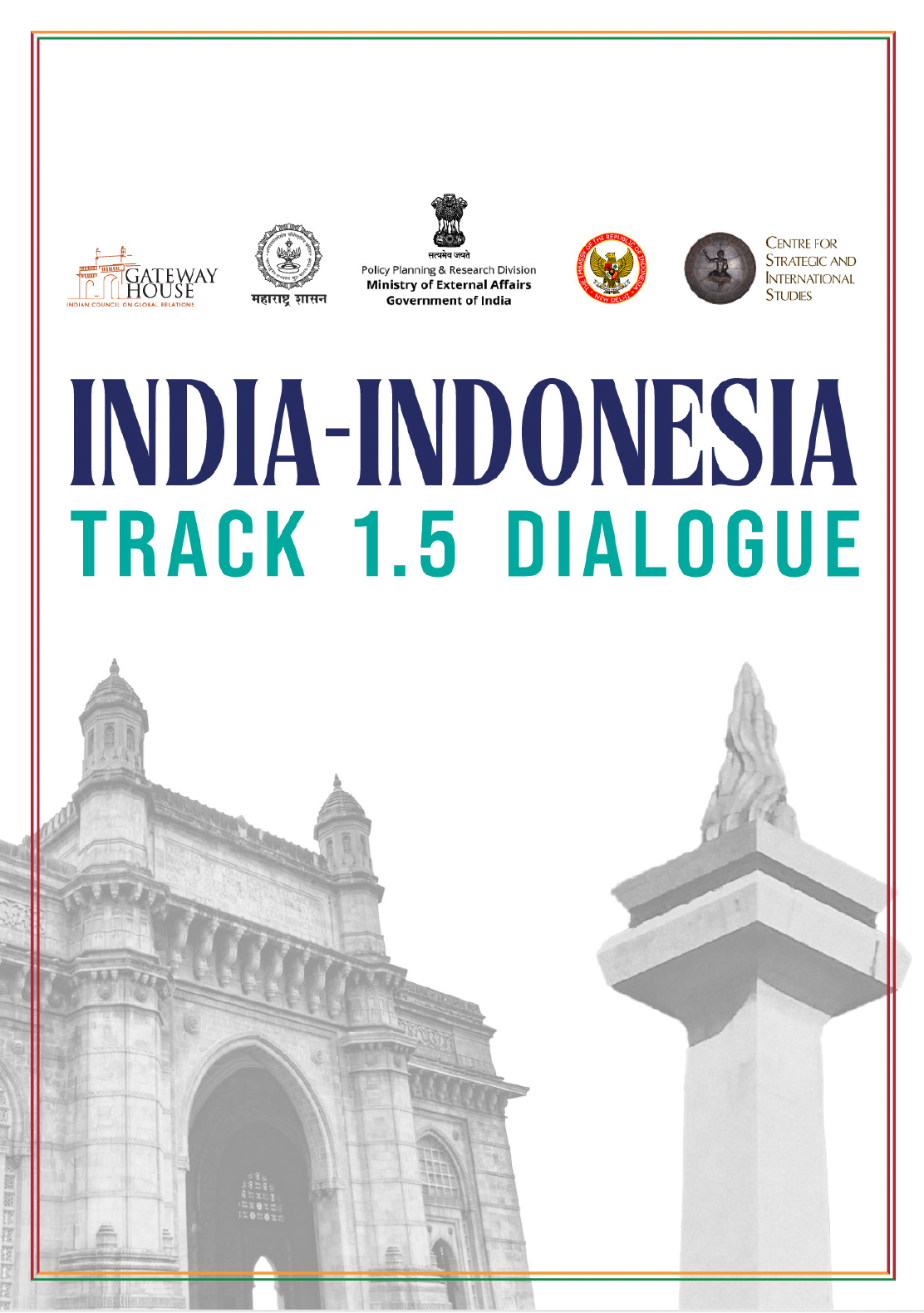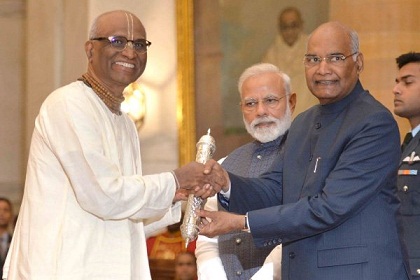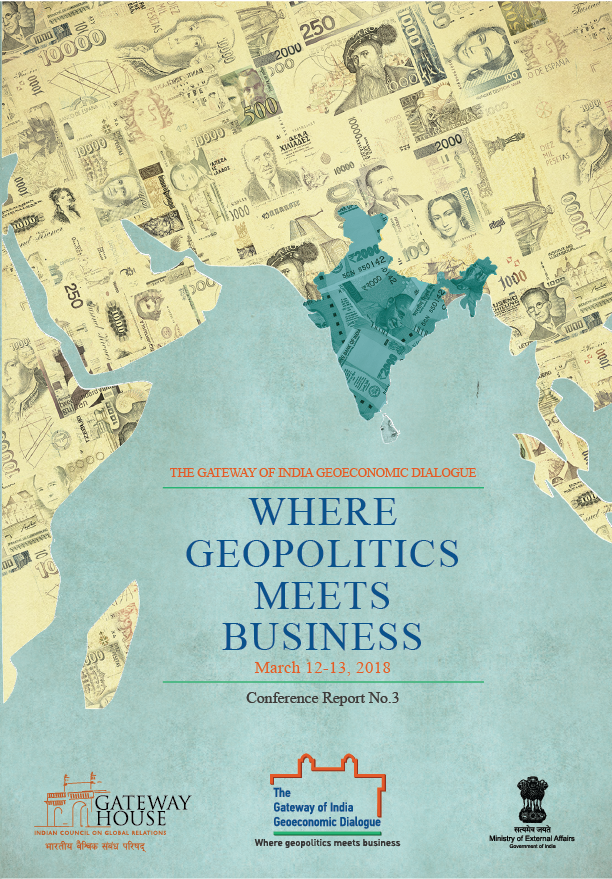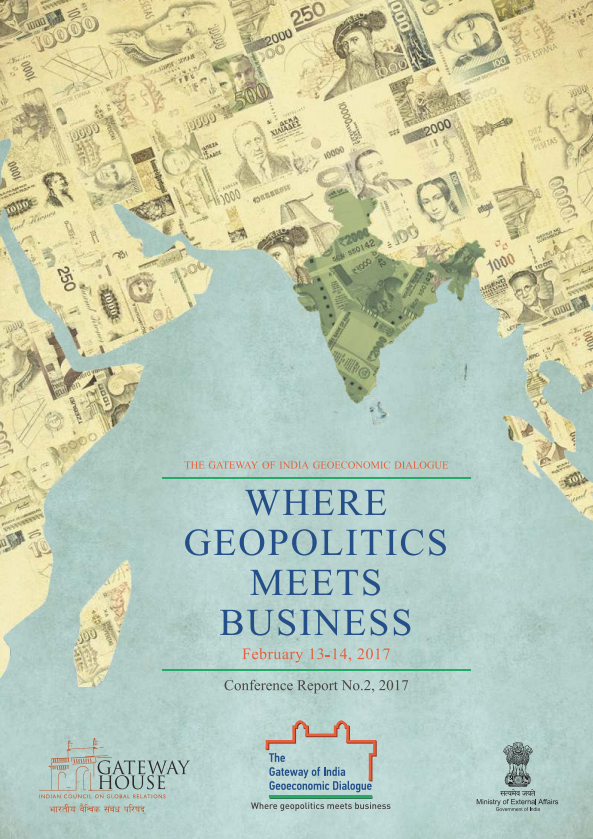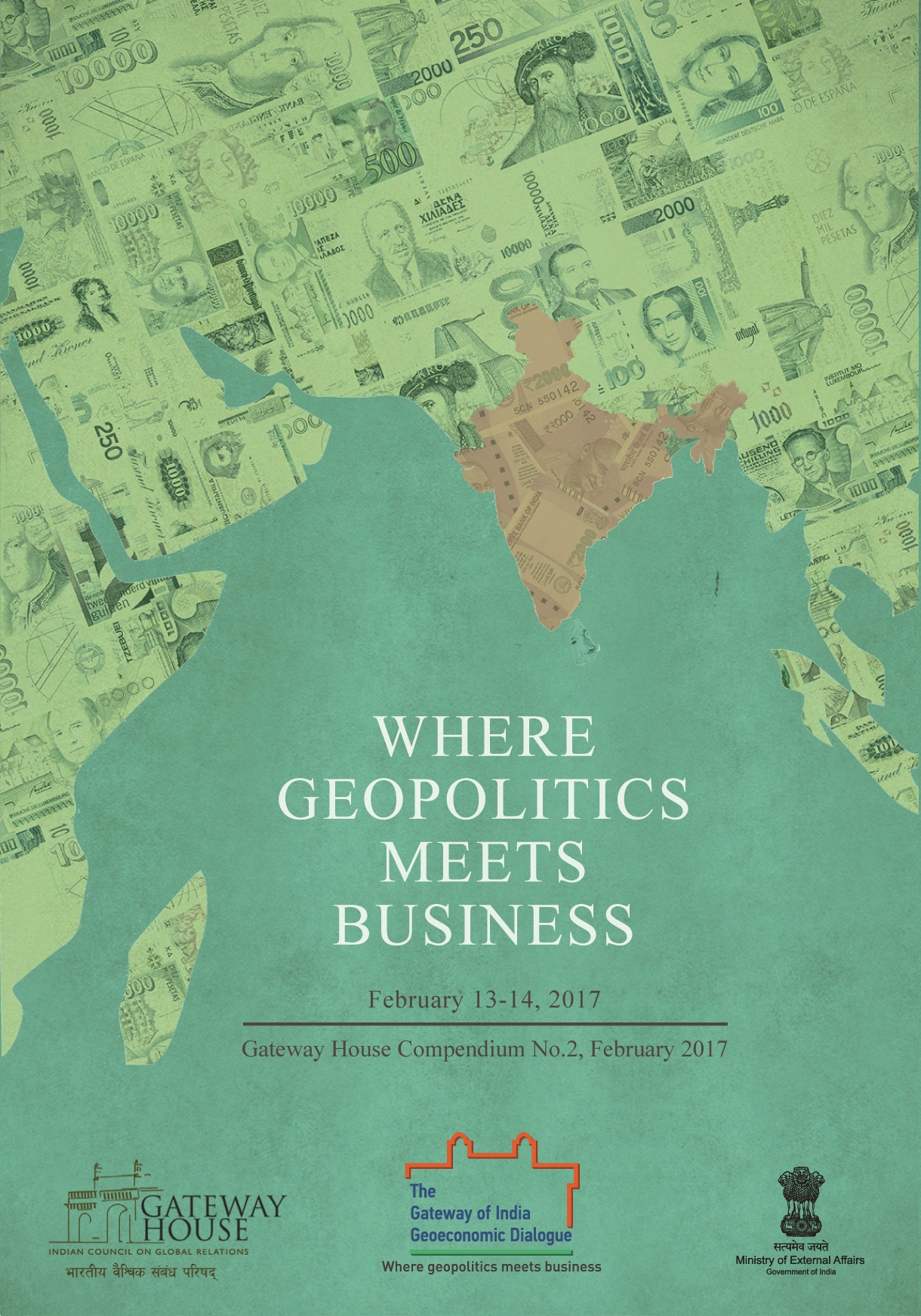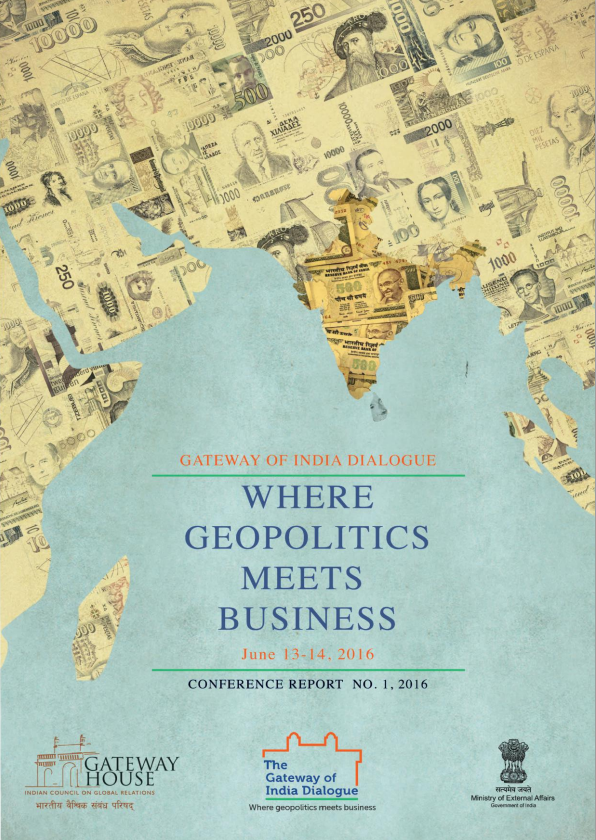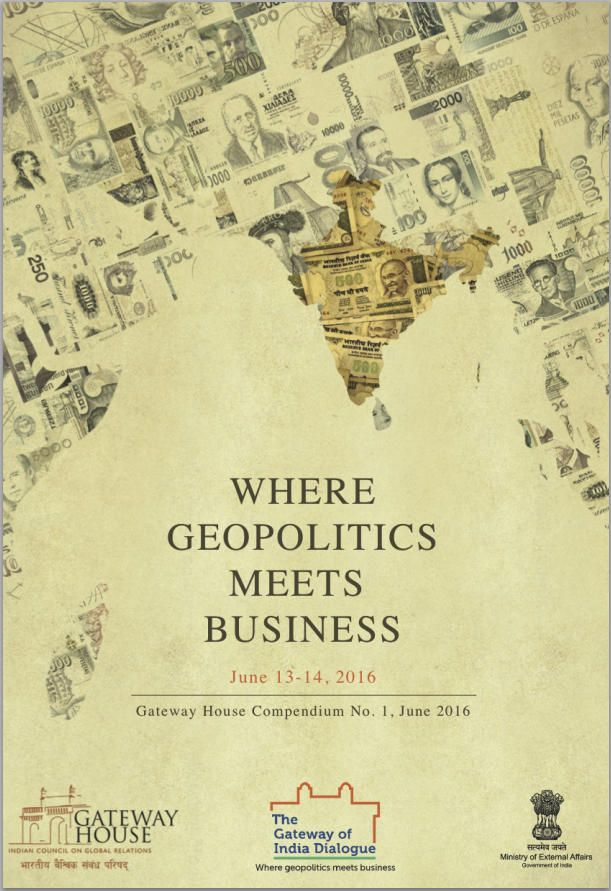On Feb 26, the Akshaya Patra Foundation was conferred the prestigious Gandhi Peace Prize by the President of India. It began as a charitable venture in 2000, serving a nutritious lunch to 1,500 children in five Bangalore schools. The meal was so well received that a year later the Indian government mandated a nutritious lunch meal to be served in every government school. Akshaya Patra, a partner with the central and state government in this effort, is now the world’s largest mid-day meal programme, and served its 3 billionth meal this month. This successful public-private partnership uses high technology, engineering, world-class logistics and management to achieve its goals. But it also ensures India’s food security by sourcing grains and vegetables from local farmers, which in turn preserves the diversity of regional food habits and nutrition.
Akshay Patra’s case study on food security was written especially for, and presented at, the ThinkTank20 (T20) meeting hosted by Gateway House in Mumbai in February 2018. The T20 is an official sub-forum of the G20, and the 2018 meeting was held under the G20 presidency of Argentina, one of the world’s largest producers and exporters of agricultural products. Food security and sustainable agriculture was one of the three key issues for Argentina’s G20 Presidency – a focus which India also shares

